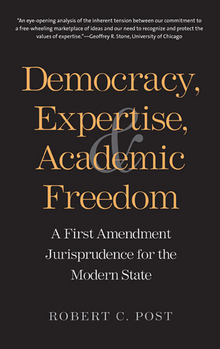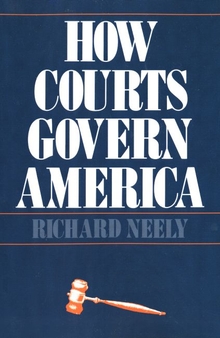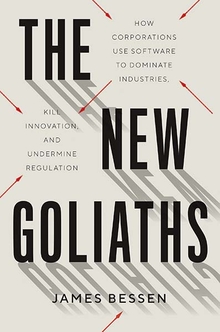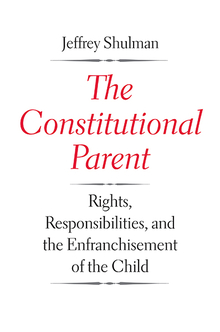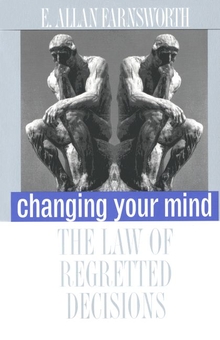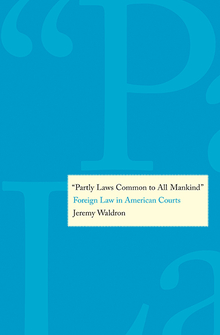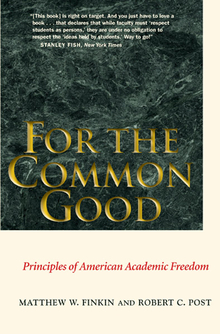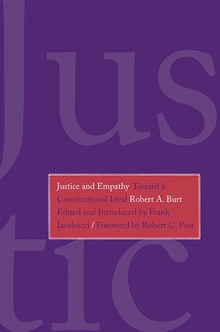Democracy, Expertise, and Academic Freedom
WARNING
You are viewing an older version of the Yalebooks website. Please visit out new website with more updated information and a better user experience: https://www.yalebooks.com
A First Amendment Jurisprudence for the Modern State
Robert C. Post
A leading American legal scholar offers a surprising account of the incompleteness of prevailing theories of freedom of speech. Robert C. Post shows that the familiar understanding of the First Amendment, which stresses the “marketplace of ideas” and which holds that "everyone is entitled to an opinion," is inadequate to create and preserve the expert knowledge that is necessary for a modern democracy to thrive. For a modern society reliably to answer such questions as whether nicotine causes cancer, the free and open exchange of ideas must be complemented by standards of scientific competence and practice that are both hierarchical and judgmental.
Post develops a theory of First Amendment rights that seeks to explain both the need for the free formation of public opinion and the need for the distribution and creation of expertise. Along the way he offers a new and useful account of constitutional doctrines of academic freedom. These doctrines depend both upon free expression and the necessity of the kinds of professional judgment that universities exercise when they grant or deny tenure, or that professional journals exercise when they accept or reject submissions.
"Dean Robert Post, one of our nation's most insightful First Amendment scholars, provides an eye-opening analysis of the inherent tension between our commitment to a free-wheeling marketplace of ideas and our need to recognize and protect the values of expertise."—Geoffrey R. Stone, The University of Chicago
"We press the First Amendment with two conflicting desires: On one side, we want to protect speech as a productive cacophony (marketplace of ideas). On the other, we ferociously defend the hard-won, disciplined, often hierarchical production of research knowledge that is far from the blasts of opinion against opinion. In this remarkable and timely book, Robert Post sorts through the constitutional issues behind this tension and gives us a vocabulary to move forward. Though Post always keeps real cases front and center, his lively discussion opens up a pragmatic, philosophical stance that all of us would do well to take on board: citizens, jurors, politicians, and indeed anyone concerned with freedom of speech. This is a terrific, important book."—Peter Galison, Joseph Pellegrino University Professor, Harvard University
"Most books on the First Amendment begin by attempting to define the concept and then connect it to democratic procedures. Robert Post does the reverse. He begins with the First Amendment commitment to the free formation of public opinion and then finds that this undoubted commitment necessitates a doctrine of academic freedom. The result is an argument that seems more inevitable and right at its every stage." —Stanley Fish, Davidson-Kahn Distinguished University Professor of Humanities and Professor of Law at Florida International University
"At a time when "expert opinion" is coming increasingly under dark suspicion—when the political "mainstream" suddenly seems to include not only those who question the reality of climate change but those who blithely reject evolution itself—Robert Post's Democracy, Expertise and Academic Freedom arrives like a desperately needed beam of light. Post's analysis of the tangled relationship between the First Amendment, the ideal of "the marketplace of ideas" and what he calls "disciplinary knowledge" is creative, surprising, thought-provoking, important—and absolutely convincing. A necessary, timely book."—Mark Danner, author of Stripping Bare the Body: Politics Violence War
Publication Date: April 26, 2013

